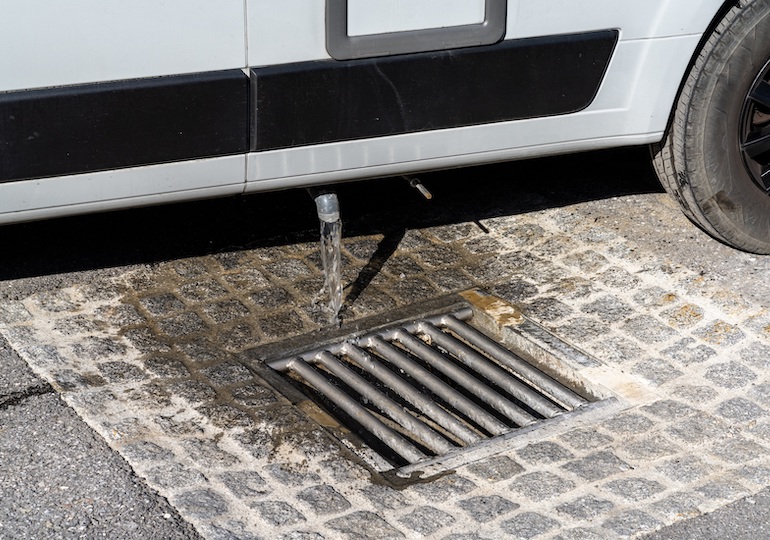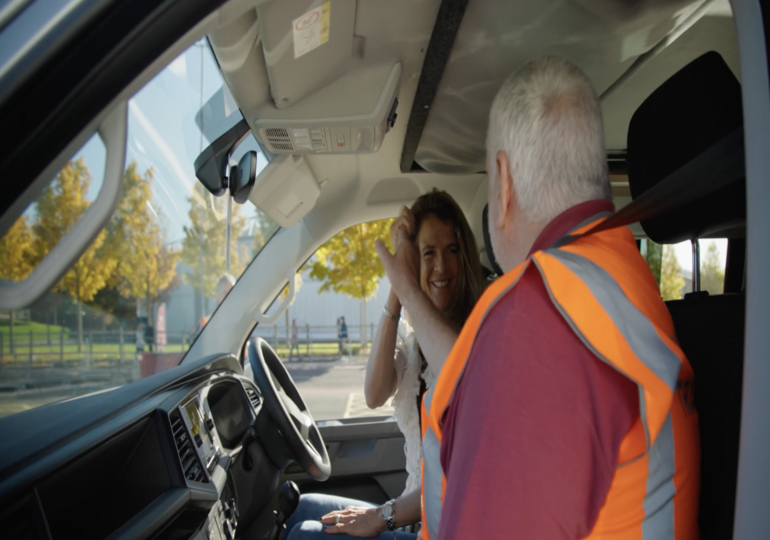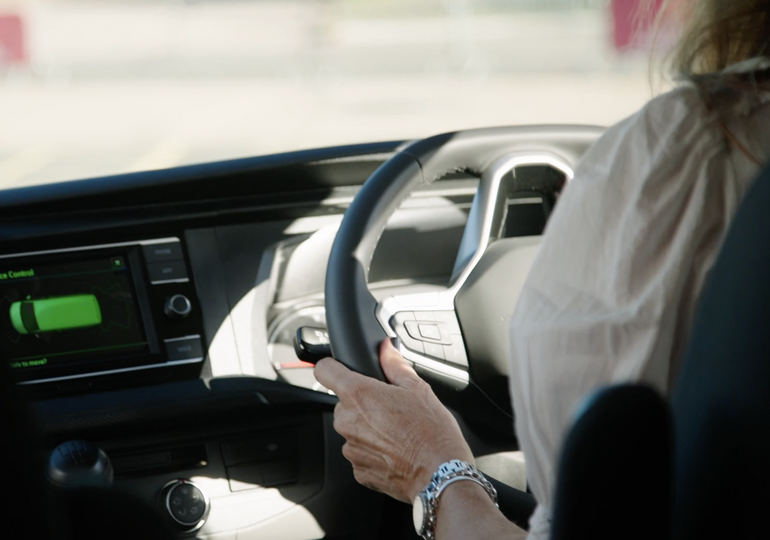New legislation to crack down on drug use in drivers to be enforced across UK
Police officers will be able to test road users for traces of drugs at the roadside with new laws coming into effect from today.
Drivers will no longer have to be impaired in order to be prosecuted, they will simply have to have a trace of an illegal substance in their system, with those in ‘control’ of a vehicle facing prosecution should illegal quantities of drugs be found to have been taken.
The police will use DrugWipe testing kits to detect the drugs cocaine and cannabis at the roadside, while 14 other drugs, including ecstacy, LSD, heroin and ketamine, will be tested at police stations even if drivers pass the roadside checks. The abuse of legal drugs including diazepam, methadone and morphine will also be tested for.
Existing laws mean those prosecuted already face a fine up to £5,000, up to six months in prison and a minimum driving ban of one year.
Research conducted by THINK! has found that over half of drivers have said that they feel safe behind the wheel when under the influence of illegal substances. However, the National Institute on Drug Abuse states that drivers are three to seven times more likely to be responsible for accidents than drivers who had not used drugs or alcohol, with estimates suggesting that around 200 people are killed each year on Britain’s roads due to drug driving.
Dr Kim Wolf, from London King’s college, who acted as an advisor for the Government drug drive policy said these are very worrying results. “Illegal drugs seriously impair skills required to drive safely, such as reaction time and decision making.
“In many cases those who take certain illegal drugs believe that they are safe to drive, but are in fact putting themselves and others at risk. Greater awareness of the dangers of drug driving is important as we move forward with this important step towards safer roads,” Dr Wolf continued.
However, it has been suggested that the devices used to test those thought to be under the influence of drugs – known as ‘drugalyzers’ – are only able to detect a small handful of drugs in one’s system.
Do you think this new law will have a big impact on stamping out road users who consider being in control of a vehicle when under the influence of drugs acceptable?




















































